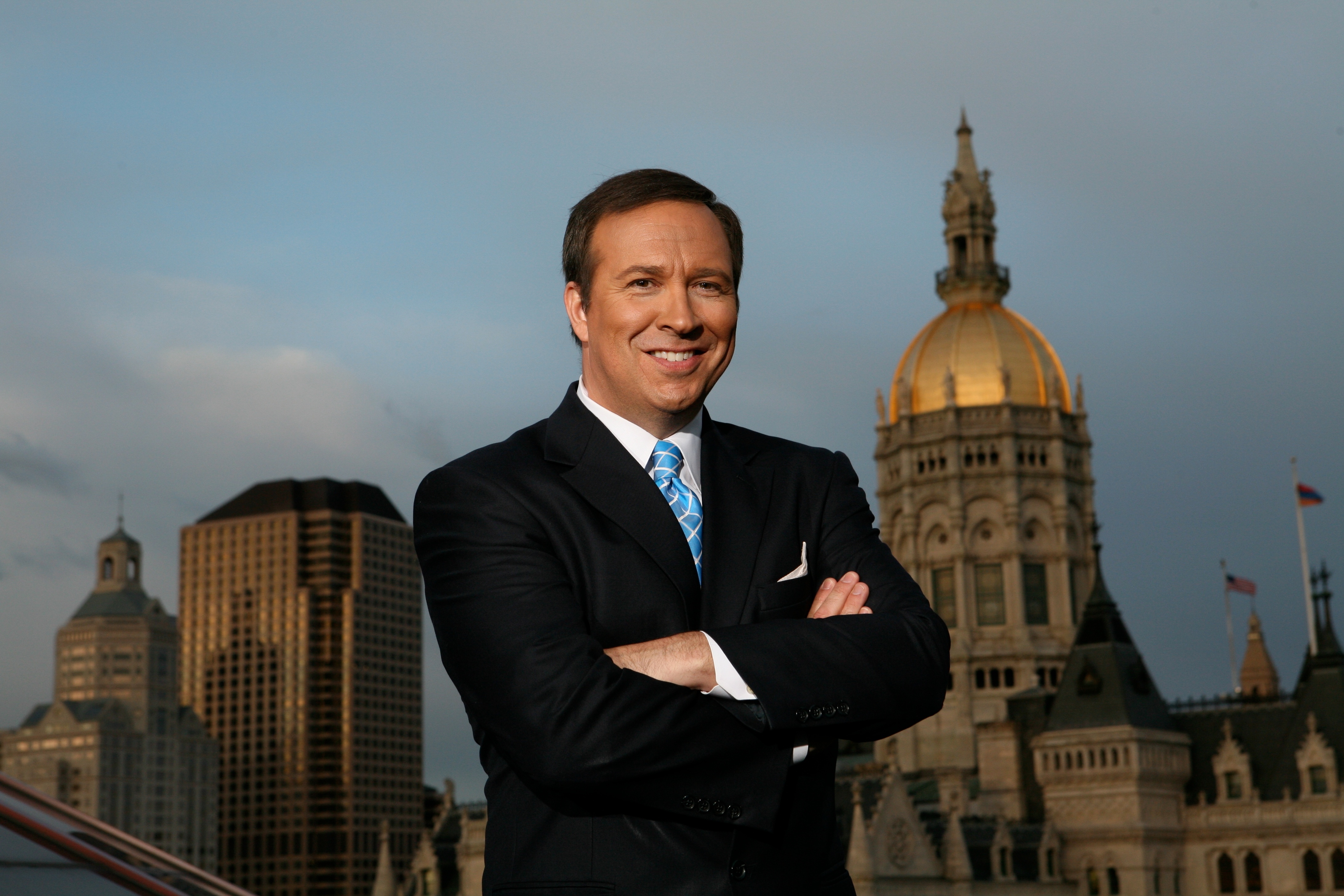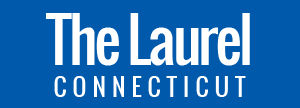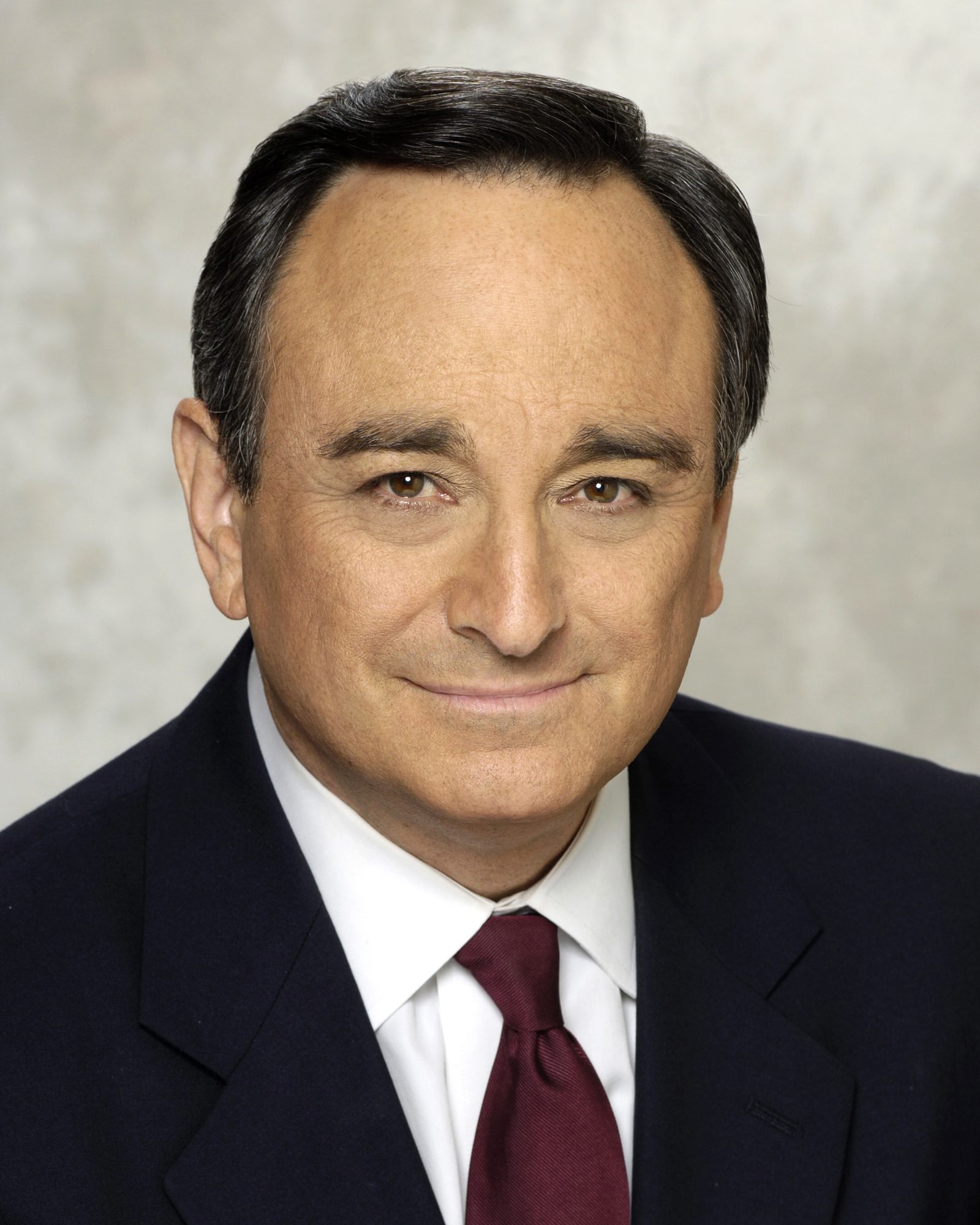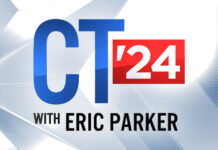Face the State WFSB 11 a.m

Host: Dennis House
The Malloy Budget Battle
Roy Occhiogrosso, Malloy Senior Advisor
The Electoral College & The “National Popular Vote” Movement
State Rep. Andrew Fleischmann, D – West Hartford
State Rep. David Labriola, R – Oxford
The State of DCF
Joette Katz, Commissioner of the Department of Children and Families
The Real Story Fox61 10:30 am
Host: Laurie Perez
CT Death Penalty
T.R. Paulding, Defense Attorney for Michael Ross
Ben Jones, CT Network to ABolish the Death Penalty
School Safety
State Rep. Sean Williams, R – Watertown
Pat Scully, Scully Communications
Census Numbers
Wilson Camelo, Bauza & Associates
Ulysses Arrigoitia, Univision CT

Host: Stan Simpson
Dutch Point
Kareem Muhammed, Author
Big East Tournament
Scott Gray, WTIC
Focus on Connecticut News12 Saturday: 7:30 am, 11 am, 2:30 pm, 7:30 pm.Sunday: 2:30 am, 7:30 am, 11 am, 1:30 pm, 5:30 pm
Host: Tom Appleby
Ben Barnes, Secretary of the Office of Policy and Management
CTN Capitol Report Sunday at 8 pm Replays of: The Real Story (8:30 PM), CT Newsmakers (9 pm), Face the State (9:30 pm), On the Record (10 pm)







The National Popular Vote bill would guarantee the Presidency to the candidate who receives the most popular votes in all 50 states (and DC).
The bill preserves the Electoral College, while assuring that every vote is equal and that every voter will matter in every state in every presidential election.
Every vote, everywhere, would be politically relevant and equal in presidential elections. Elections wouldn’t be about winning states. No more distorting and divisive red and blue state maps. Every vote, everywhere would be counted for and directly assist the candidate for whom it was cast. Candidates would need to care about voters across the nation, not just undecided voters in a handful of swing states.
In the 2012 election, pundits and campaign operatives already agree that only 14 states and their voters will matter under the current winner-take-all laws (i.e., awarding all of a state’s electoral votes to the candidate who receives the most popular votes in each state) used by 48 of the 50 states. Candidates will not care about 72% of the voters– voters in 19 of the 22 lowest population and medium-small states, like Connecticut, and big states like CA, GA, NY, and TX. 2012 campaigning would be even more obscenely exclusive than 2008 and 2004. In 2008, candidates concentrated over 2/3rds of their campaign events and ad money in just 6 states, and 98% in just 15 states (CO, FL, IN, IA, MI, MN, MO, NV, NH, NM, NC, OH, PA, VA, and WI). Over half (57%) of the events were in just 4 states (OH, FL, PA, and VA). Candidates have no reason to poll, visit, advertise, organize, campaign, or care about the voter concerns in the dozens of states where they are safely ahead or hopelessly behind.
Now, policies important to the citizens of ‘flyover’ states are not as highly prioritized as policies important to ‘battleground’ states when it comes to governing.
Since World War II, a shift of a handful of votes in one or two states would have elected the second-place candidate in 4 of the 13 presidential elections. Near misses are now frequently common. There have been 6 consecutive non-landslide presidential elections.. 537 popular votes won Florida and the White House for Bush in 2000 despite Gore’s lead of 537,179 popular votes nationwide. A shift of 60,000 votes in Ohio in 2004 would have defeated President Bush despite his nationwide lead of over 3,000,000 votes.
The bill would take effect when enacted by states that have a majority of the electoral votes–that is, enough electoral votes to elect a President (270 of 538). Then, all the electoral votes from those states would be awarded to the presidential candidate who receives the most popular votes in all 50 states (and DC).
The Electoral College that we have today was not designed, anticipated, or favored by the Founding Fathers but, instead, is the product of decades of evolutionary change precipitated by the emergence of political parties and enactment by 48 states of winner-take-all laws, not mentioned, much less endorsed, in the Constitution.
The bill uses the power given to each state by the Founding Fathers in the Constitution to change how they award their electoral votes for president. It does not abolish the Electoral College. Historically, virtually all of the major changes in the method of electing the President, including ending the requirement that only men who owned substantial property could vote and 48 current state-by-state winner-take-all laws, have come about by state legislative action.
In Gallup polls since 1944, only about 20% of the public has supported the current system of awarding all of a state’s electoral votes to the presidential candidate who receives the most votes in each separate state (with about 70% opposed and about 10% undecided). Support for a national popular vote is strong in virtually every state, partisan, and demographic group surveyed in recent polls in closely divided battleground states: CO – 68%, FL – 78%, IA 7-5%,, MI – 73%, MO – 70%, NH – 69%, NV – 72%, NM– 76%, NC – 74%, OH – 70%, PA – 78%, VA – 74%, and WI – 71%; in smaller states (3 to 5 electoral votes): AK – 70%, DC – 76%, DE – 75%, ID – 77%, ME – 77%, MT – 72%, NE 74%, NH – 69%, NV – 72%, NM – 76%, OK – 81%, RI – 74%, SD – 71%, UT – 70%, VT – 75%, WV – 81%, and WY – 69%; in Southern and border states: AR – 80%,, KY- 80%, MS – 77%, MO – 70%, NC – 74%, OK – 81%, SC – 71%, VA – 74%, and WV – 81%; and in other states polled: CA – 70%, CT – 74% , MA – 73%, MN – 75%, NY – 79%, OR – 76%, and WA – 77%.
The bill has passed 31 state legislative chambers, in 21 small, medium-small, medium, and large states, including one house in AR, CT, DE, DC, ME, MI, NV, NM, NY, NC, and OR, and both houses in CA, CO, HI, IL, NJ, MD, MA ,RI, VT, and WA . The bill has been enacted by DC, HI, IL, NJ, MD, MA, and WA. These 7 states possess 74 electoral votes — 27% of the 270 necessary to bring the law into effect.
http://www.NationalPopularVote.com
A survey of 800 Connecticut voters conducted on May14–15, 2009 showed 74% overall support for the idea that the President of the United States should be the candidate who receives the most popular votes in all 50 states. Voters were asked:
“How do you think we should elect the President: Should it be the candidate who gets the most votes in all 50 states, or the current Electoral College system?”
The results of the first question, by political affiliation, was 80% among Democrats, 67% among Republicans, and 71% among others. By gender, support was 81% among women and 66% among men. By age, support was 82% among 18-29 year olds, 69% among 30-45 year olds, 75% among 46-65 year olds, and 72% for those older than 65.
Then, voters asked a second question that emphasized that Connecticut’s electoral votes would be awarded to the winner of the national popular vote in all 50 states, not Connecticut, vote. In this second question, 68% of Connecticut voters favored a national popular vote.
“Do you think it more important that Connecticut’s electoral votes be cast for the presidential candidate who receives the most popular vote in Connecticut, or is it more important to guarantee that the candidate who receives the most popular votes in all 50 states becomes president?”
The results of the second question, by political affiliation, was 74% among Democrats, 62% among Republicans, and 63% among others. By gender, support was 75% among women and 59% among men. By age, support was 75% among 18-29 year olds, 57% among 30-45 year olds, 68% among 46-65 year olds, and 70% for those older than 65.
http://nationalpopularvote.com/pages/polls.php#CT_2009MAY